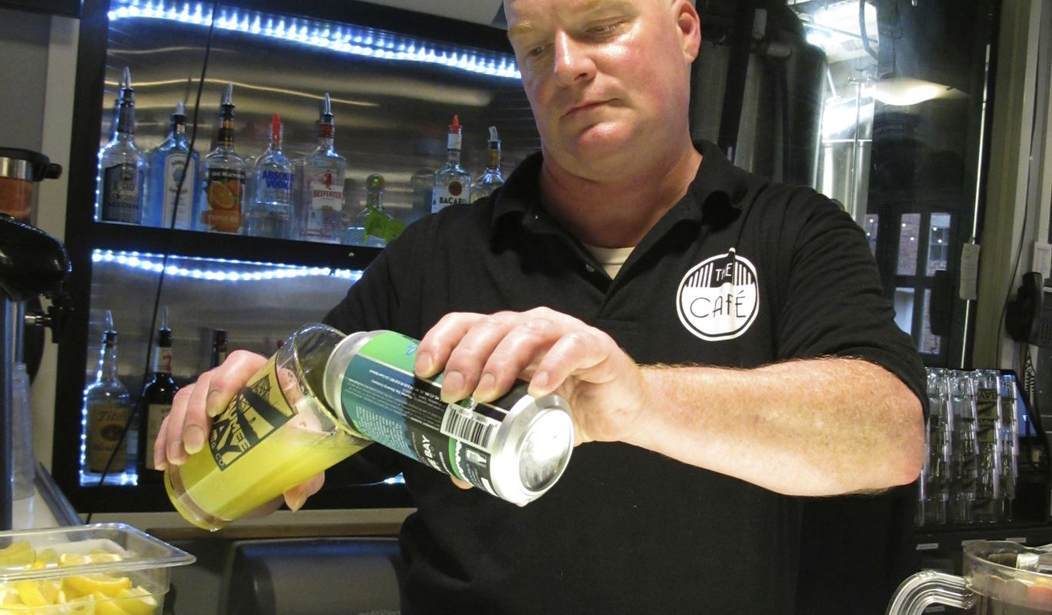As the First World War came to an end, the U.S. federal government passed the 18th Amendment banning the sale and consumption of alcohol.
Seeing this as a permanent and irreversible victory, anti-alcohol campaigners were not slow to identify a new target…nicotine. The Women’s Christian Temperance Union financed a book entitled Nicotine Next and temperance preacher Billy Sunday declared that “Prohibition is won, now for tobacco”.
History shows Prohibition was a disaster for the United States. After 13 years of unnecessary social upheaval, economic damage, and bloodshed, the 18th Amendment was finally repealed to the relief and delight of public and politicians. A number of states did pass laws restricting cigarettes, but they were short-lived, and the impetus was lost in the atmosphere of the roaring 20s.
Fast forward a century and a similar process is happening across the world, this time more sophisticated in design and in reverse. With professional puritans believing they have won the public relations war on smoking and many countries openly discussing the “endgame” - prohibition of tobacco by a certain date – global organizations are already turning their attention toward alcohol and using the very same tactics as they did against tobacco.
In 2022, two major reports are expected to be adopted which will lead to a whole new attack on alcohol, which, just like the anti-tobacco war before it, will be promoted on the basis of health, but with the long-term aim undoubtedly being prohibition.
The World Health Organization’s (WHO) Global Alcohol Strategy is to be unveiled this summer. The new initiative commits to a target of “at least a 20% relative reduction (in comparison with 2010) in alcohol per capita (among those aged 15 years and older) consumption by 2030.” The aim is not a reduction in consumption by hazardous drinkers, instead the goal is to reduce alcohol use across the board, however moderate the drinker.
Recommended
“Heavy-impact policy options” that the WHO wants to see adopted by nations are high taxation of alcohol products and minimum price regulations (in Ireland this year, minimum pricing more than doubled the cost of packs of beer), bans on advertising and marketing of alcoholic drinks, and restrictions on where and when alcohol can be sold.
Meanwhile, plans by the European Union’s Committee on Beating Cancer (BECA) will be adopted following a vote this month. Based on the claim that “there is no safe level of alcohol consumption when it comes to cancer prevention,” the plan proposes restrictions on the promotion and pricing of alcohol, while also demonizing the industry in the same way that anti-tobacco lobbyists have done with tobacco companies. From there, it is only a short hop to advertising bans, health warnings and – again, as in Ireland– alcoholic drinks hidden from sight.
All of these proposals have been replicated from the war on smoking, which has thrived on the motto that “there is no safe level of tobacco use” for the past couple of decades and which aspired to the goal of “denormalizing” tobacco use. Arguably the same goal is being pursued for alcohol now.
What is most concerning about this new global temperance activity is that none of it has resulted from a clamour by the public. Both the WHO and the EU are entirely funded by taxpayers and are using those tax receipts to wage war on the free choices of consumers. Furthermore, the people proposing, drafting and enacting the policies are unelected and practically unaccountable due to the impenetrable nature of both the EU and the WHO. What lobbying the WHO and EU does receive is from professional pressure groups funded by the same taxes, often handed out by the WHO and EU themselves.
Anyone who ignored the crusade against smoking in the recent past because they do not consume tobacco may soon be surprised to be targeted in just the same fashion as smokers were, simply for enjoying a beer or two at the end of the day.
It is scandalous that the public’s free choices are being assaulted in this way without being allowed to vote for or against the measures. And, it is also arrogant and insulting for unaccountable bureaucrats to do so using our taxes.
It was said that the reason temperance campaigners got away with imposing Prohibition a century ago was because they were organized while drinkers were “too busy drinking.” One can only hope that those who like a beer or two get organized quickly in opposition this time around.

























Join the conversation as a VIP Member